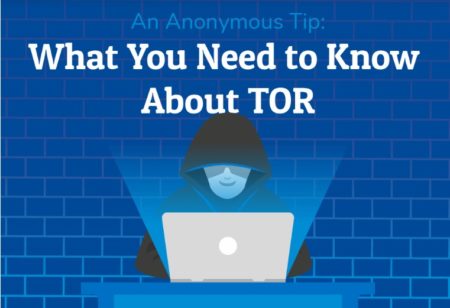January 6, 2020 – Maybe it seems inappropriate to talk about threats to your personal data a few days after you recently opened Christmas presents of which some were surely digital. But according to DataProt, a site focused on teaching Internet users the ins and outs of “cyber-hygiene,” we consumers are making a mess of our online information and leaving ourselves open to cybercriminals.
The metaphor of the onion with its many layers is one that has been borrowed to describe how a layered security approach can provide the best defense against those attempting to capture your personal data for nefarious purposes. Among the many tools at hand are the digital ones: a secure network with a firewall and other malware tools, basic and layered password protection on the overall system and specific applications, choosing system settings designed to minimize security risks, antivirus software, two-step verification and regular backing up of computer files provides a many-layered approach to defending your Internet and digital presence.
The onion metaphor can even go further when trying to defend your data from the worst of the cyber thieves found in an area of the web described in abysmal terms. Known as the Deep Web and Dark Web, these scary Internet domains are according to DataProt 500 times larger than the Internet of Google and Facebook.
To know thine enemy there is a tool, The Onion Router, known by the acronym TOR. When you install this browser on your computing devices you can enter the Deep Dark Web to begin to see what lurks there. So why would you want to use TOR over Chrome, Microsoft Edge, Firefox, Safari, Opera, and other Internet browsers?
TOR was hatched out of the US Naval Research Laboratory back in 2002. Its purpose was to identify cyber thieves while helping to protect consumer online privacy. It also provided a means of getting past walls erected by countries to deny their citizens access to the Worldwide Web. Today TOR is used by 2 million of us on the Internet every day. Who are the users?
- journalists
- whistleblowers
- social activists
- law enforcement
- the military
- information technology professionals
- and as they say on U.S. public television stations, “viewers like you.”
When you are using TOR your data flow is fully encrypted. Your data history remains invisible as you visit websites. And you have access to restricted websites and content normally invisible to other browsers.
But there are some disadvantages to using TOR as your daily browser. For one thing, it is slow. If you like to stream video then TOR is unsuitable.
And there is a further caveat. When you use TOR you shine a light on yourself particularly coming from security agencies who will likely start paying more attention to you and your online activities. That’s because a review of sites visited by TOR users shows that nearly half of them support illegal activity.
TOR is not supported by Apple’s iOS. It is however available to Android smartphone and tablet devices. For desktop and laptop systems, TOR is available for MS Windows, MacOS, and Linux platforms.
For more information on TOR and the Deep Dark Web, check out the following infographic provided by DataProt.










